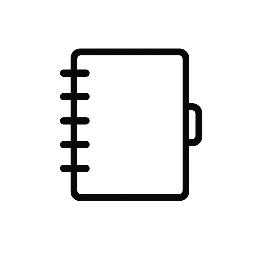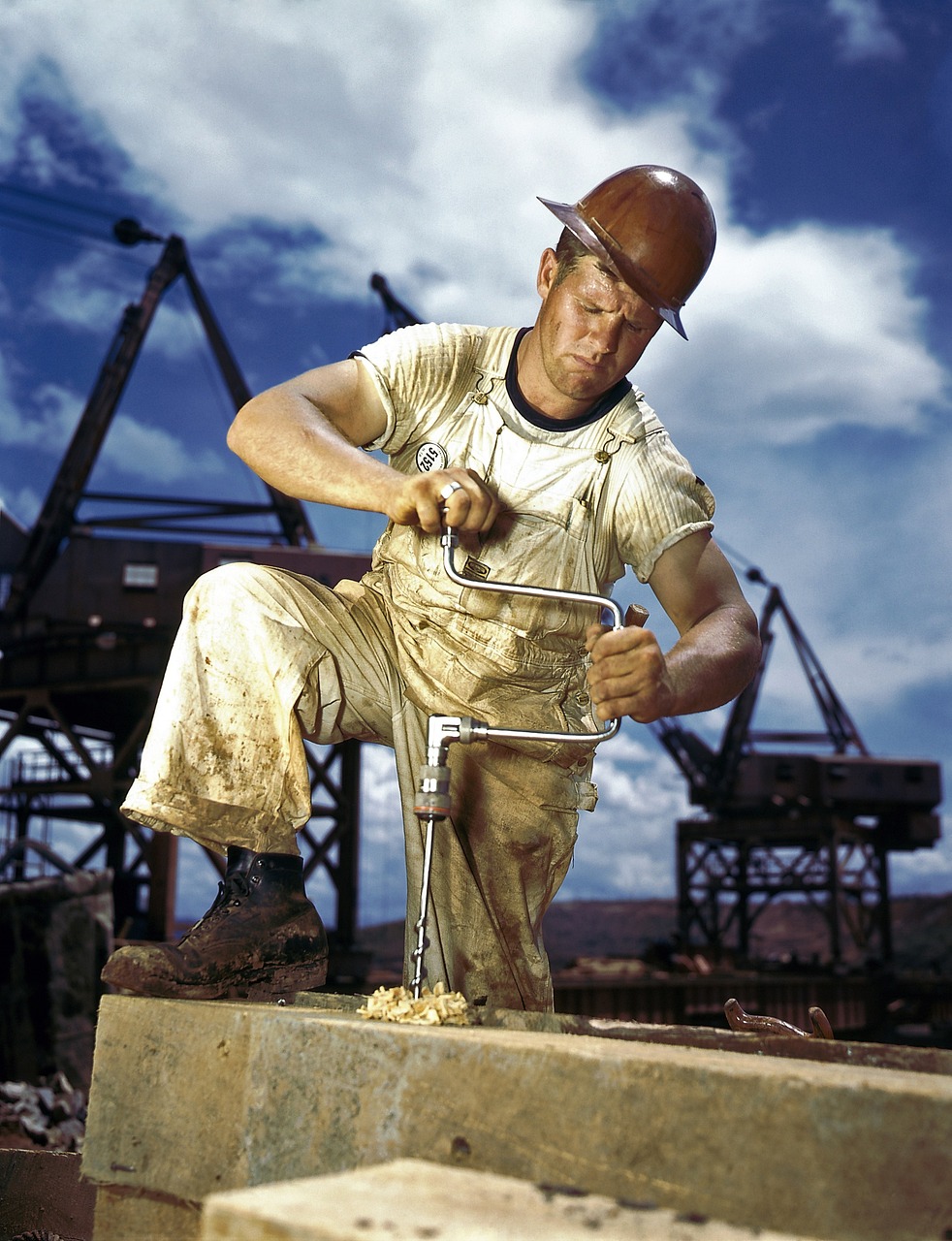Finding reliable metal siding suppliers nearby is essential for anyone looking to source quality materials efficiently. Many local suppliers offer a range of metal siding options, including steel, aluminum, and customized panels, making it easier to match specific project needs.
The best way to identify metal siding suppliers near you is to search local directories, check online reviews, and visit suppliers directly to evaluate their product selection and customer service. Proximity matters for reducing delivery times and costs, which can impact project timelines and budgets.
Suppliers often provide additional services such as cutting, finishing, and expert advice, which can enhance the overall buying experience. Knowing what to look for in a supplier helps streamline the process and ensures the materials meet quality and durability standards.
Finding the Best Metal Siding Suppliers Near Me
Choosing the right metal siding supplier near me depends on verifying their product range, delivery options, and customer feedback. These factors help ensure the supplier meets specific project needs and expectations.
Local Supplier Directories
Local directories provide lists of metal siding suppliers organized by area. They often include contact details, service offerings, and business hours. Checking multiple directories such as Google My Business, Yelp, and industry-specific platforms can give a broad view of available suppliers nearby.
Using these directories allows a buyer to verify if a supplier operates within a convenient distance and offers the right siding materials. Many local listings highlight certifications or affiliations, which indicate reliability.
Comparing Product Selection
The variety of metal siding options varies greatly between suppliers. It is important to check for different materials, finishes, and profile styles including steel, aluminum, corrugated, or standing seam products.
A supplier with extensive inventory simplifies finding matching colors and specifications for any building type. Price points and warranty details should be compared alongside the product range to gauge overall value.
Evaluating Delivery Options
Delivery terms are crucial, especially for large or time-sensitive orders. Some suppliers offer same-day or next-day delivery, while others require advanced scheduling.
Buyers should confirm if delivery fees apply, the type of transportation used, and package insurance. Flexible and reliable delivery improves project timelines and reduces logistical complications.
Reading Verified Customer Reviews
Customer reviews offer concrete insights into product quality and supplier services. Verified reviews on platforms like Google and Angi provide authentic feedback on order accuracy, timeliness, and customer support.
Carefully reviewing recent and detailed comments helps identify consistent strengths or issues. Suppliers with higher ratings and positive testimonials generally exhibit better performance.
Key Considerations When Choosing Metal Siding Suppliers
Selecting a metal siding supplier requires evaluating product durability, supplier credibility, and the support offered after purchase. These factors impact project quality, timeline, and long-term satisfaction.
Understanding Material Quality
Material quality affects the lifespan and maintenance of metal siding. Buyers should check the type of metal used, such as steel or aluminum, and whether it has protective coatings like galvanization or paint finishes.
Thickness matters: standard siding gauges range from 24 to 29, with lower numbers indicating thicker metal. Thicker metal provides better resistance to dents and weather.
Look for corrosion resistance certifications or warranties to confirm durability in various climates. Request samples if possible to inspect texture, finish, and weight.
Supplier Certifications
Certifications show that a supplier meets industry standards for quality and safety. Common certifications include ISO 9001, which ensures quality management systems, and those specific to metal products like ASTM standards.
A certified supplier often guarantees consistent product specifications and regulatory compliance. Verification of these credentials can be done through official certification bodies or supplier documentation.
Check if the supplier adheres to local building codes or provides documentation for compliance. This reduces risk related to legal or insurance issues later.
After-Sale Support
Reliable after-sale support includes warranty terms, technical assistance, and ease of obtaining replacement parts. A supplier should clearly state warranty length and coverage conditions.
Technical support helps resolve installation or maintenance issues, reducing downtime in projects. Confirm availability through phone, email, or on-site consultation.
Also, evaluate the supplier’s return and exchange policies. Flexible terms improve customer confidence and simplify dealing with defects or order mistakes.


Leave a Reply